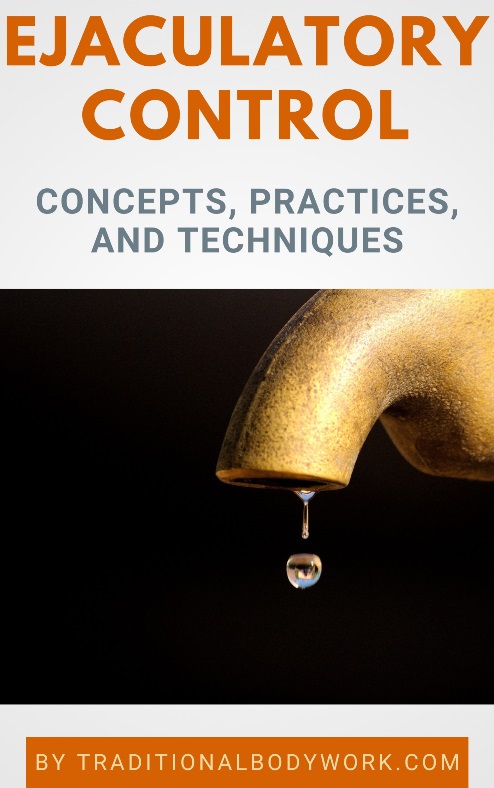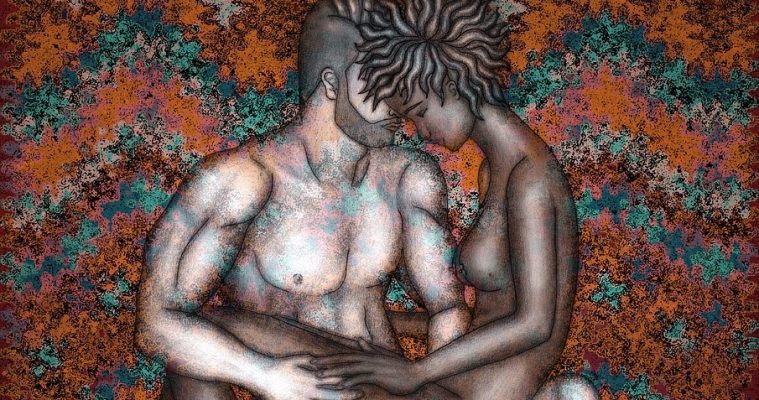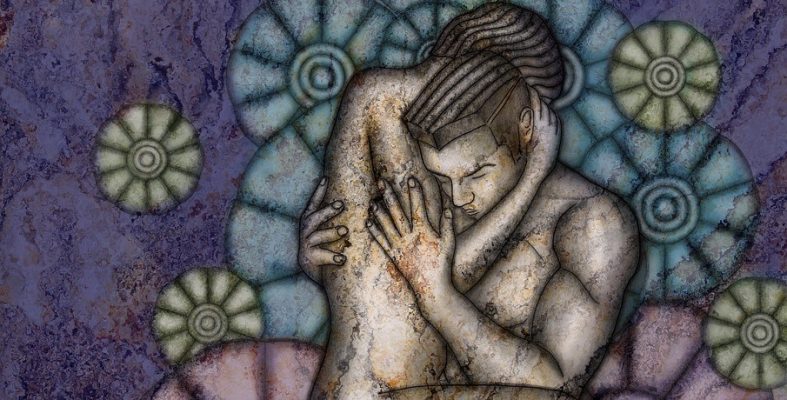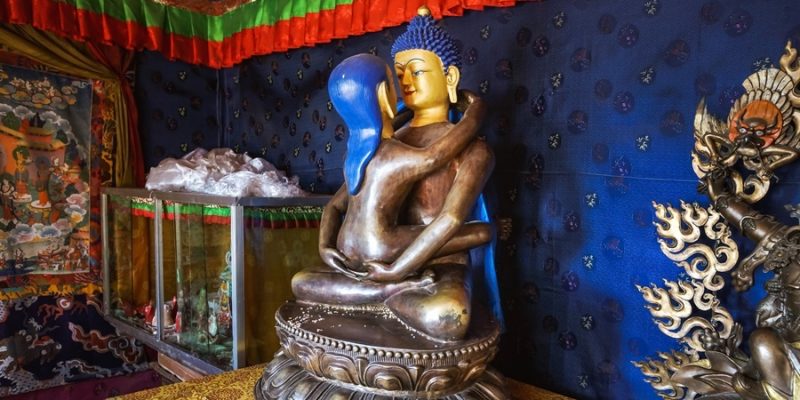
The Oneida Community was a utopian, religious community founded in 1848 (near Oneida, a city in the state of New York) by John Humphrey Noyes, which finally ceased to operate in its initial form in 1881.

Apart from specific Christian beliefs, the community practiced so-called communalism (having communal property and possessions), mutual criticism, free love (this term was coined by John Noyes), group marriage (polygamy), and male sexual continence (semen retention). It also believed in the possibility of humans being apt to achieving spiritual maturity and perfection.
In the Oneida community, the members were free to have sex with any other member, with mutual consent, and possessiveness and exclusive relationships were not welcomed. Another important characteristic of the community in relation to sexual intercourse was the explicit distinction between propagative and amative love. Propagative love was meant for having children, while amative love was having sex to express love and affection.
Within amative love, the male partner was supposed to practice male continence, that is, the man should avoid ejaculation; this would not only prevent having unwanted children (a form of birth control), but also teach men to achieve optimal self-control.

In fact, John Noyes was against the “waste of semen,” and as such against masturbation that ended in an ejaculative orgasm. He believed it to be a practice against nature, but also that ejaculation would drain a man’s vitality eventually leading to illness.
Additionally, John Noyes regarded male continence from out a higher perspective, that is, he saw it as a method “to overcome the flesh” and “seek the elevated spiritual pleasures of sexual connection.” In the community there existed a habit of teaching young men male continence by women who were post-menopause (with no risk of unwanted pregnancy), and introducing young women to the practice by older, experienced men.
It was thought that pregnancy and childbirth was draining the vitality of women, but that loving sexual intercourse practiced through male continence was natural and increased women’s sexual satisfaction (such as having orgasms), on which the community placed high value. In fact, a man who wasn’t able to satisfy a woman sexually was faced with disapproval. The Oneida community made enormous efforts to change and improve women’s role and status, fighting for equality between men and women, a remarkably progressive phenomenon in the 19th century.
















